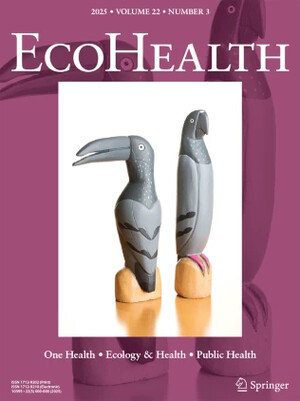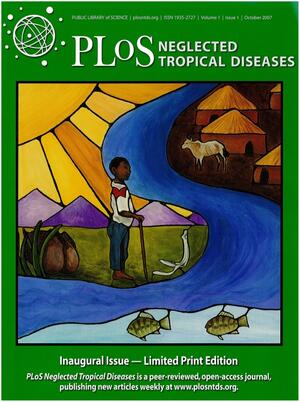
Household food security and poultry disease control in rural Burkina Faso: understanding and strengthening Newcastle disease vaccine supply chains
Abstract
Background: The high prevalence of Newcastle disease (ND) in rural Burkina Faso poses a major obstacle to household food security, poultry disease control and sensitive surveillance. Importantly, ND is clinically indistinguishable from highly pathogenic avian influenza. Therefore, an effective vaccination strategy against ND is essential. The ND vaccine supply chain faces deficiencies, including the absence of local manufacturing and challenges related to quality, distribution, and utilization in the field. This study aims to understand the ND vaccine supply chains, their deficiencies and bottlenecks in a rural setting where chicken keeping plays an important role in generating income for the communities, as well as meeting their nutritional needs.
Methods: The study was conducted in Boussouma, a commune in the Centre-Nord region, using a quantitative survey and qualitative key informant interviews and gender disaggregated focus group discussions. It involved a survey with 483 households keeping chickens, key informant interviews with eight actors from the poultry vaccine supply chain and eight focus group discussions conducted in four villages with a total of 30 male and 32 female poultry farmers. Quantitative data was analyzed using R software, while qualitative data was analyzed using a general inductive approach.
Results: Vaccines for ND are imported, and no quality assurance testing is done in-country. Quality is monitored during transport to the country through cold chain management and monitoring temperature using USB keys. Community animal health workers responsible for vaccination in villages are insufficient in number to ensure adequate coverage. Although the majority of farmers adopt vaccination, the large dose packaging of vaccines remains a major constraint as it is not perceived to meet the needs of small-scale farmers, resulting in difficulties in vaccine flow. Maintaining the cold chain is also a major challenge for animal health workers, facing obstacles such as long distances to travel, refrigerator breakdowns, power outages, and lack of electricity. Participation of farmers in vaccination is negatively affected by all these constraints due to poor logistics and lack of appropriate management of vaccine in the field.
Conclusions: This situation contributes to the persistence of ND in rural flocks, lowering productivity and complicating sensitive poultry disease surveillance. Given this situation, combined interventions that farmers perceive as cost-effective and adequately reward vaccinators are needed. This may involve encouraging group vaccination or combining vaccination with other services such as extension. These findings also highlight significant deficiencies in the vaccine supply chain for ND, emphasizing the need for improvements to ensure availability and quality of vaccines in rural areas.
Citation
Ouedraogo, S.E., Alders, R., Ilboudo, S.G., Ouedraogo, W.B.A., Alambedji, R.B. and Dione, M. 2024. Household food security and poultry disease control in rural Burkina Faso: understanding and strengthening Newcastle disease vaccine supply chains. Poster presented at the 8th World One Health Congress, Cape Town, South Africa, 20–23 September 2024. Nairobi, Kenya: ILRI.









